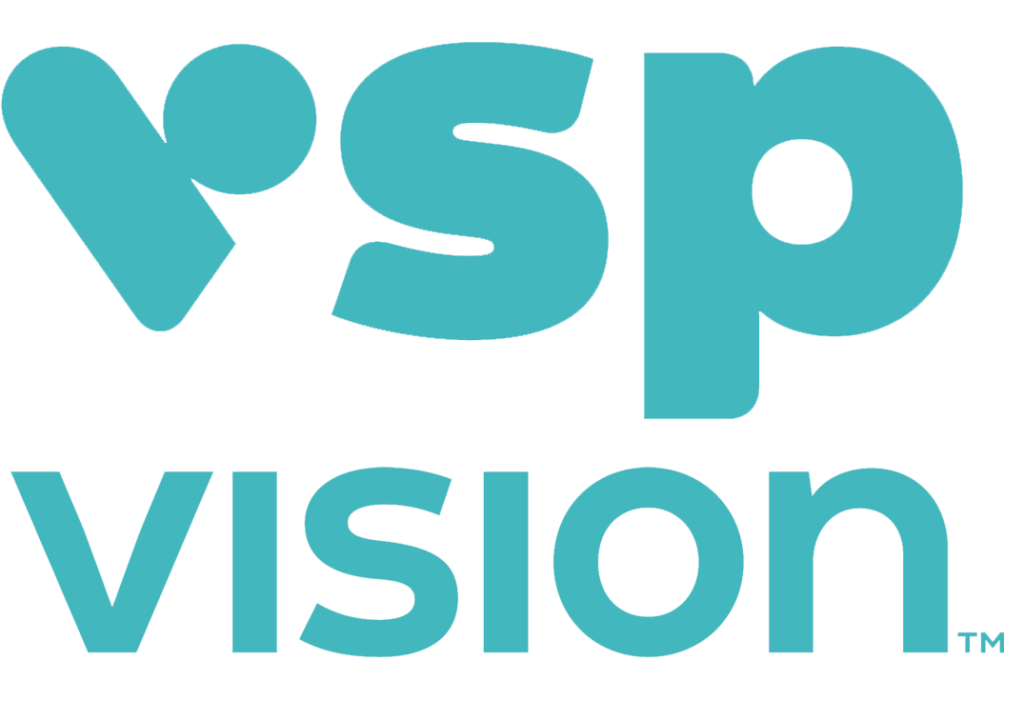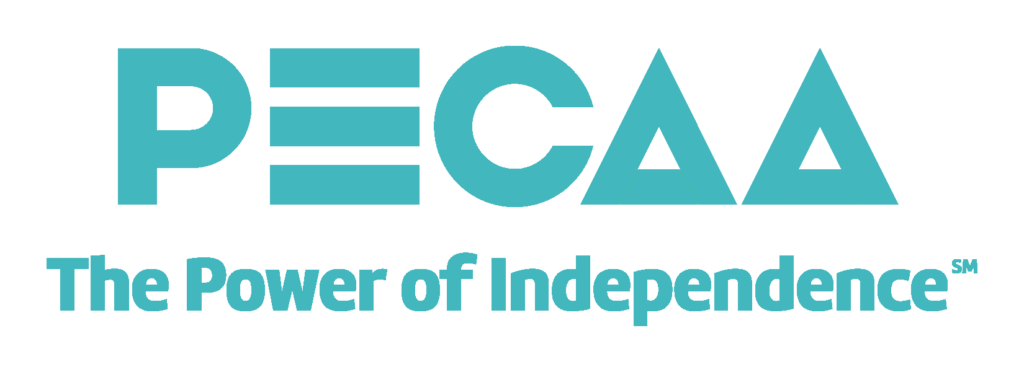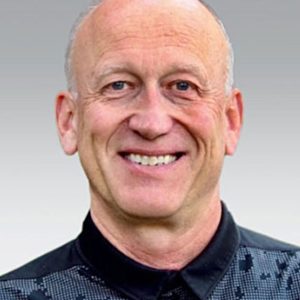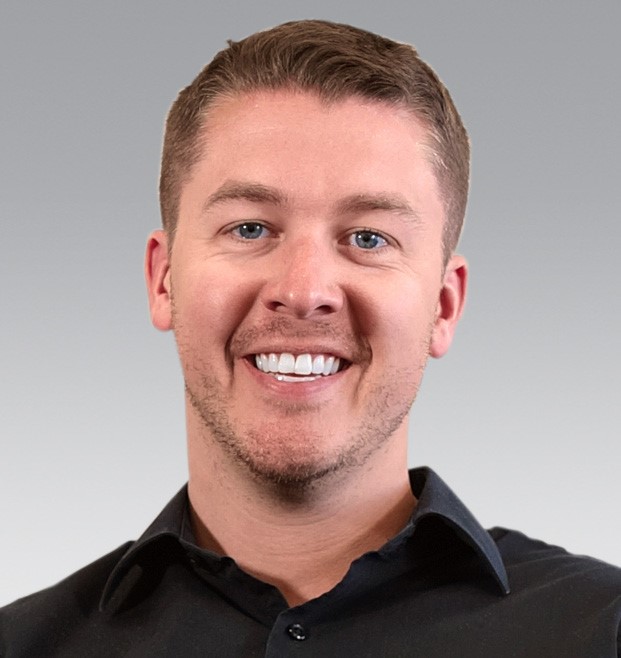| SB 1451 | Ashby | 2024 | Amended "not a doctor" legislation to make clear it does not apply to optometry. |
| SB 159 | Budget Cmte | 2024 | Language in state budget to increase Medi-Cal reimbursement rates for optometry services in 2026 to 87.5% of Medicare if ballot initiative does not pass. |
| AB 2198 | Flora | 2024 | Secured amendments to ensure vision plans have the same duty as full-service health plans to establish patient and provider information systems that optometrists and patients can access. This will ensure that optometric care is integrated into the larger health care system. |
| AB 765 | Wood | 2023 | Defeated "not a doctor" legislation that would have prevented optometrists from using certain terms like "Dr." or "Doctor". |
| SB 457 | Menjivar | 2023 | Allows unaccompanied or homeless minors that are 15 years or older to consent to vision care. |
| SB 1237 | Newman | 2022 | Passed legislation to waive licensure fees for active-duty military optometrists. |
| AB 407 | Salas | 2021 | Expanded optometric scope of practice by eliminating the list of drugs and conditions in the Optometric Practice Act and allows new procedures like Intense Pulsed Light. |
| AB 691 | Chau | 2021 | Allows optometrists to provide COVID-19 vaccines and perform COVID-10 CLIA waived testing. |
| SB 509 | Wilk | 2021 | Created a new temporary license to allow optometry college graduates to practice under supervision if another COVID-19 wave closes the NBEO again. |
| AB 1534 | Low | 2021 | Prohibits corporations that contract with physician groups from interfering in an optometrist's professional judgement. Increases maximum fine for out-of-state lens sellers violating the law from $2,500 to $35,000. |
| AB 890 | Low | 2020 | COA helped draft legislation that would allow Vision to Learn and other nonprofits to operate a mobile optometry clinic. COA added language to make sure for-profit groups cannot operate mobile clinics in California and that COA's volunteer work would not be affected. |
| AB 376 | Stone | 2020 | COA supported the creation of a "Student Borrower Bill of Rights" that requires student loan companies to treat borrowers fairly and gives borrowers the right to hold these companies accountable. |
| SB 275 | Pan | 2020 | COA secure amendments that exempted private practices from this bill's requirement for an employer of any health care provider to build a stockpile of specific types of personal protective equipment for employees. |
| SB 977 | Monning | 2019 | Exempted the sale of optometry practices from a potentially costly, bureaucratic AG review process that would have been required before certain acquisitions. |
| SB 1386 | McGuire | 2018 | Eliminated the "branch office law." COA removed its opposition to the bill after the author took the following amendments: 1) Limited the number of offices allowed to 11 and made that limit apply to groups of optometrists; 2) Removed the proposed standard of care and reporting requirement for firing an employee; and, 3) Removed the new evidentiary standard that would make it easier for the State Board of Optometry (SBO) to take disciplinary action against optometrists. |
| SB 762 | Ed Hernandez | 2018 | Allows optometrists to take immunization training courses developed by the pharmacy profession. Successful completion of the coursework will allow optometrists to administer the flu, shingles and pneumonia vaccines to adults. |
| SB 1238 | Roth | 2018 | Defeated legislation to establish new paperwork requirements including a notification to each patient 60 days before medical records are destroyed. |
| AB 2789 | Wood | 2018 | Secured amendments that exempted eyeglasses and contact lens prescriptions from a new law that requires all prescriptions to be electronic. Worked with other provider groups to delay implementation. |
| AB 443 | Salas | 2017 | Expanded optometric scope to include new drugs and new technologies to treat conditions allowed by law. |
| AB 97 | Ting | 2017 | Approves of $12.5 million (General Fund) in 2019-20 and $26.3 million ongoing and trailer bill to restore eyeglasses coverage for adults under Medi-Cal beginning January 1, 2020. |
| AB 684 | Alejo | 2015 | Passed legislation prohibiting employment and allowing doctors to lease space from opticians if the doctor's office remains separate and under the doctor's exclusive control. |
| AB 789 | Calderon | 2015 | Defeated legislation by 1-800 Contacts to prohibit UPP. |
| SB 137 | Ed Hernandez | 2015 | Requires insurers to update their online provider directories once a week and their printed ones every quarter. |
| AB 595 | Alejo | 2014 | Defeated legislation by LensCrafters to allow the corporate practice of optometry. |
| SB 951/ AB 1453 | Hernandez/ Monning | 2012 | Set the California benchmark plan for the pediatric essential benefit under the ACA as a comprehensive eye exam, eyeglasses or contact lenses and coverage for low vision. |
| AB 761 | Rodger Hernandez | 2012 | Authorized doctors of optometry certified to use therapeutic pharmaceutical agents to additionally perform specified clinical laboratory tests (CLIA). |
| AB 778 | Atkins | 2012 | Defeated legislation by LensCrafters to allow the corporate practice of optometry. |
| SB 1111 | Negrete-Mcleod | 2010 | COA helped defeat this legislation which would have significantly increased costs for investigation and enforcement of disciplinary actions against licensees of healing arts boards. In some cases, took away due process rights for licensees. |
| AB X3 5 | Evans | 2009 | Reinstated optometric services under Medi-Cal. |
| AB 877 | Emmerson | 2009 | COA defeated this bill that would have established a scope of practice committee controlled by CMA to review legislation seeking to substantively expand the scope of a healing arts practice scope of practice. |
| SB 1406 | Correa | 2008 | Allowed doctors of optometry to use additional TPA medications and revised glaucoma certification requirements. |
| AB 1224 | Ed Hernandez | 2007 | Authorized doctors of optometry to practice telemedicine in California. |
| AB 1324 | De La Torre | 2007 | Prohibited a health plan or insurer that authorizes treatment from rescinding or modifying the authorization after the provider renders the health care service. |
| SB 367 | Speier | 2005 | Enacted the Patient and Provider Protection Act that requires health plans provide reasons for denials and forces the Dept of Insurance to investigate provider complaints. |
| AB 938 | Cohn | 2001 | Required health plans to disclose any limitations on the patient's choice of non-MD health care practitioners, and to include any general authorization requirement for referrals to non MDs. |
| SB 929 | Polanco | 2000 | Allowed doctors of optometry to treat glaucoma in California. |
| SB 559 | Brulte | 1999 | Prohibited "Silent PPOs". Prohibited health plans from marketing doctor's panels and their negotiated contract rates without meeting certain disclosure, notification, and patient "steerage" requirements. |
| SB 1255 | Polanco | 1998 | COA worked with other provider groups to pass legislation that empowers a health care provider to grant discounts for medical care to uninsured or underinsured patients without fear of spurious fraud prosecutions. |
| SB 668 | Polanco | 1996 | Allowed doctors of optometry to use therapeutic pharmaceutical agents (TPAs) in California. |
| AB 1663 | Friedman | 1996 | COA helped to shape and pass independent medical review legislation that ensures optometric patients have a fair grievance process against health plans. |
| SB 863 | Zenovich | 1976 | Allowed doctors of optometry to use diagnostic pharmaceutical agents (DPAs) in California. |




